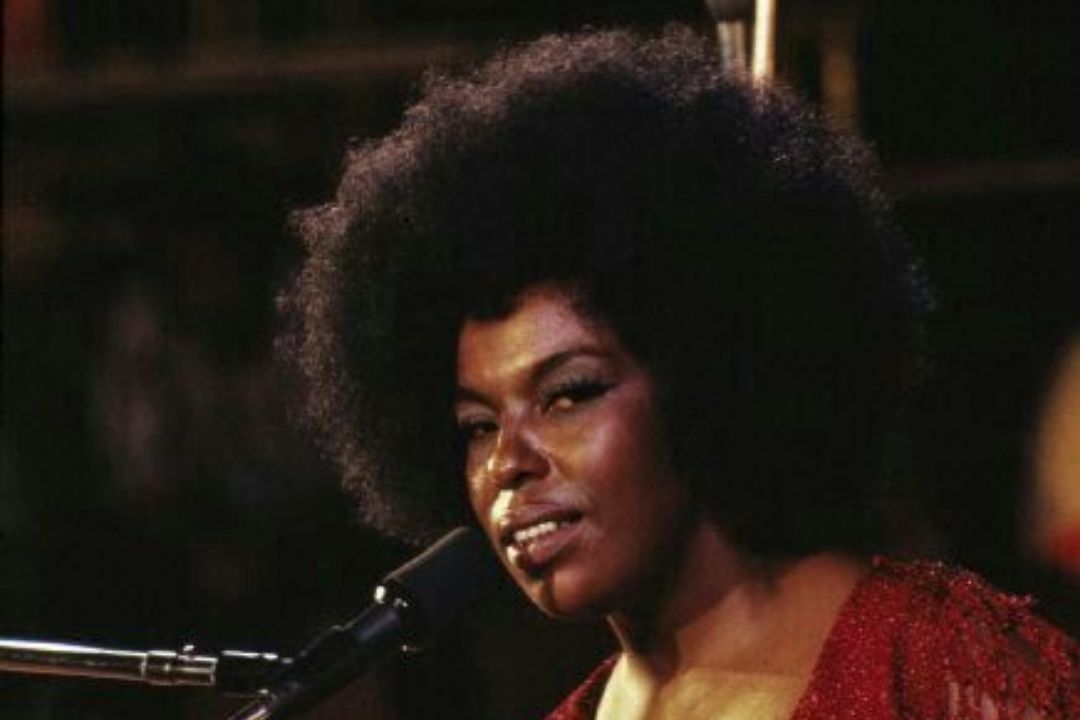About the song
Roberta Flack – “The First Time Ever I Saw Your Face” (1972)
“The First Time Ever I Saw Your Face” is a timeless ballad that became one of the most iconic love songs of the 20th century, largely due to Roberta Flack’s emotionally transcendent 1972 rendition. Originally written in 1957 by British folk musician Ewan MacColl, the song found several interpreters over the years, but it was Flack’s version that brought it widespread acclaim and commercial success. With its slow, intimate pacing and Flack’s soulful, haunting vocal delivery, the song transformed from a folk tune into a pop-soul masterpiece that captured the hearts of millions.
Origins of the Song
The song was originally written by Ewan MacColl for Peggy Seeger, his lover at the time (and later his wife), who had requested a love song for a play she was involved in. MacColl considered it a private, personal piece, and reportedly disliked most of the early versions performed by other artists. However, as the folk revival grew, the song began to circulate among singers in the UK and the U.S.
By the late 1960s, Roberta Flack, a classically trained pianist and jazz-influenced singer, discovered the song and began performing it live. Her approach to it was significantly slower and more emotionally drawn out than any previous recording, stretching the already poignant lyrics into a nearly six-minute meditation on love and longing.
The 1972 Breakthrough and “Play Misty for Me”
Flack’s recording of “The First Time Ever I Saw Your Face” was originally included on her 1969 album “First Take”, but it wasn’t until 1972 that it gained significant recognition. That year, Clint Eastwood chose the song for a love scene in his directorial debut film Play Misty for Me. The film’s inclusion of Flack’s version brought immediate attention to the track, prompting Atlantic Records to re-release it as a single.
The song quickly climbed the charts, reaching No. 1 on the Billboard Hot 100, where it remained for six consecutive weeks. It also won Grammy Awards for Record of the Year and Song of the Year in 1973, further solidifying Flack’s place among the most distinguished vocalists of the era.
Flack’s Vocal Delivery and Arrangement
What makes Flack’s version so distinctive is the deliberate, breathy intimacy she brings to the lyrics. Unlike more conventional love ballads of the time, Flack strips the performance of any excess—there are no dramatic crescendos or overpowering instrumentation. Instead, the arrangement is minimalist: a gently plucked guitar, subtle orchestration, and her voice—tender, unwavering, deeply vulnerable.
Flack’s pacing is notably slow, allowing every word and note to resonate. She turns the song into a slow-burning emotional experience, emphasizing the depth and power of the lyrics. The effect is mesmerizing; it draws the listener into an almost meditative state. Each line—“The first time ever I saw your face / I thought the sun rose in your eyes”—feels deeply personal and sincere.
Themes and Emotional Impact
The song explores the first moments of love—a theme that is universally relatable. The lyrics describe not just physical attraction, but the emotional awakening that happens when someone falls in love for the first time. There’s a reverence in the lyrics, almost spiritual in tone, as the narrator reflects on how the presence of the beloved changed everything.
The slow tempo emphasizes the timelessness and significance of those moments. This is not just a love song, but an elegy to the transformative power of human connection.
Cultural Legacy
Roberta Flack’s version of “The First Time Ever I Saw Your Face” is now considered definitive. It has been included in numerous “greatest songs” lists, including Rolling Stone’s 500 Greatest Songs of All Time, and has been covered by artists such as George Michael, Leona Lewis, and Johnny Cash. But none have captured the quiet emotional majesty of Flack’s 1972 performance.
The song also helped usher in a new era of introspective soul and R&B ballads in the 1970s, influencing artists who prioritized emotional subtlety over vocal acrobatics. Its success also highlighted Flack’s strength as an interpreter, capable of reshaping a song’s meaning through restraint, patience, and authenticity.
Conclusion
Roberta Flack’s “The First Time Ever I Saw Your Face” is more than just a love song—it’s an emotional portrait rendered in sound. Her version took a simple folk tune and turned it into a timeless masterpiece that speaks to the soul. In her hands, the song becomes a whisper of love remembered, a moment suspended in time, and a testament to how music can communicate the most profound of human emotions. Over 50 years since its release, it continues to touch hearts and remains one of the most iconic ballads in music history.
